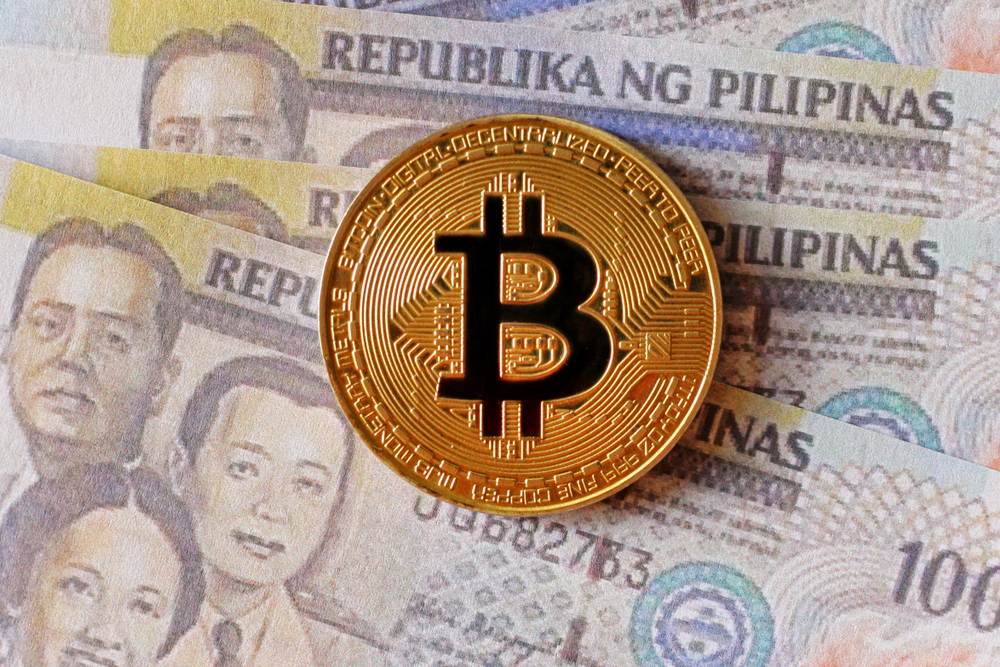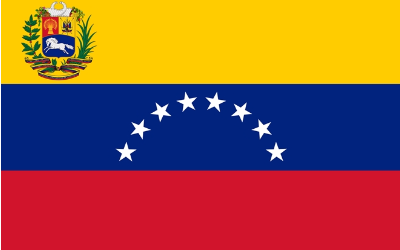The Philippines’ Cagayan Economic Zone Authority (CEZA) introduces a new regulatory framework to govern the Digital Asset Token Offering (DATO). They are reportedly designed to regulate the industry and to protect investors.
According to a press release published by the Asia Blockchain and Crypto Association (ABACA) on Feb. 4, with these new rules in affect CEZA becomes the main regulator and the ABACA progress as the self-regulatory organization (SRO) to enforce the new framework.
The release further elaborates that all DATOs should have proper offering documents that will give details about the issuer and the project. The document will also include the advice and certification of experts. The tokens must be listed on the licensed Offshore Virtual Currency Exchange (OVCE).
DATO Guidelines
These new guidelines are divided into three tiers. Tier one has investments and assets not exceeding $5 million made in digital tokens; the second tier includes the $6–$10 million range and the tier three will take over investments and assets exceeding $10 million. CEZA administrator and Chief Executive Officer Raul Lambino reportedly commented on the newly introduced framework:
“It is our goal to provide a clear set of rules and guidelines that will foster innovation yet ensure proper compliance by actors in the ecosystem. It is our hope that these set of regulatory innovations will take the digital asset sector one step closer to adoption and acceptance by institutions and the traditional financial system.”
Notably, the release does not discuss anything about initial coin offering (ICO) regulation, which the PSEC, Philippines Securities and Exchange Commission has been pondering over for a while now. However, the new rules could imply that the Philippines government is walking towards that aim.
In August 2018, The PSEC issued the initial set of rules to regulate ICOs for public review. The regulator also conducted later that any company looking to run an ICO, or any ICO selling tokens to Filipinos, must submit an “initial assessment request” to the Commission in order to determine whether their token is a security or not.
Later during September, the PSEC that they will soon release the draft regulation for cryptocurrencies. In addition, the announcement revealed that the agency has been working in tandem with the central bank, the Bangko Sentral ng Pilipinas, in order to establish a “cooperative oversight.”
All was going well until the PSEC claimed at the beginning of 2019, that they are ready to issue final ICO regulation and attributed the delay to a request by different stakeholders for further time to look at the draft ICO rules.
Read more: Venezuela Issues New Rules For Crypto Service Providers Including Exchanges And Miners







